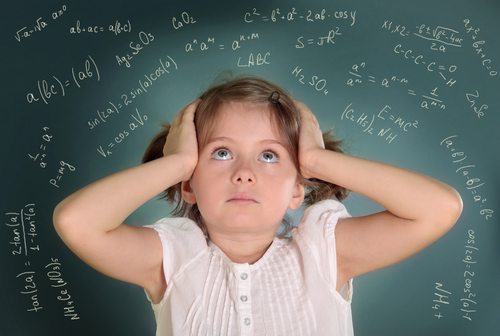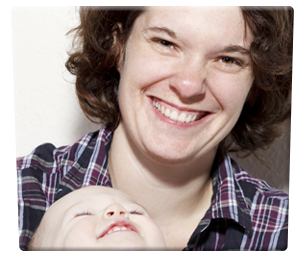What are Learning Difficulties? ADHD, ASD, Dyslexia
What does ‘learning difficulties’ mean?
‘Learning difficulties’ is a common term in today’s society, which manifests in different ways and can cause various difficulties in daily life. For one person it might be lack of attention, for another it might be struggling to read fluently; these represent different groups of learning difficulties. The following groups of specific learning difficulties (‘spLD’) are widely accepted:
- Attention Deficit/Hyperactive Disorder or Attention deficit disorder (ADHD or ADD): a combination of inattention, hyperactivity and impulsivity.
- Autism Spectrum Disorder (ASD): social difficulties, communication impairment and restricted behaviors
- Dyslexia: difficulties with reading
- Dysgraphia: difficulties in writing
- Dyspraxia: motor difficulties that affect movement and coordination
- Dyscalculia: difficulties in understanding and learning mathematics
 Specific learning difficulties impact a person’s motor skills, information processing and memory. The impact and severity differ from person to person, as do the person’s ability to cope with the difficulty and their reaction to any support offered. The fact is, though, those with specific learning difficulties will experience greater challenges in life than those without. These are challenges that can be supported with Neurofeedback.
Specific learning difficulties impact a person’s motor skills, information processing and memory. The impact and severity differ from person to person, as do the person’s ability to cope with the difficulty and their reaction to any support offered. The fact is, though, those with specific learning difficulties will experience greater challenges in life than those without. These are challenges that can be supported with Neurofeedback.
How can Neurofeedback help with learning difficulties?
Neurofeedback is a tool that helps to improve brain regulation, and so the short answer is that if a learning difficulty is associated with brain dis-regulation, then yes it is likely Neurofeedback will help. Problems of attention and hyperactivity have been linked to brain dis-regulation since the 1970s, and a brain dis-regulation test for ADHD has recently been approved in the US. The evidence for Neurofeedback to improve ADHD symptoms is very well established and endorsed by the American Academy of Pediatrics report at the highest level of Evidence-Based Intervention, with up to 80-90% success rates reported, and we do not need a medical diagnosis to help. Brain dis-regulation is also associated with other learning difficulties; please refer to our specialist pages to learn how Neurofeedback may be able to help, as well as the learning disability Down Syndrome:
- Neurofeedback for ADHD symptoms
- Neurofeedback for ASD symptoms – autism spectrum disorder, including Asperger’s syndrome
- Neurofeedback for Dyslexia, Dysgraphia, Dyspraxia and Dyscalculia
- Neurofeedback for Down Syndrome
To read more about this, please read the next page on What is ADHD?



